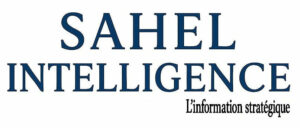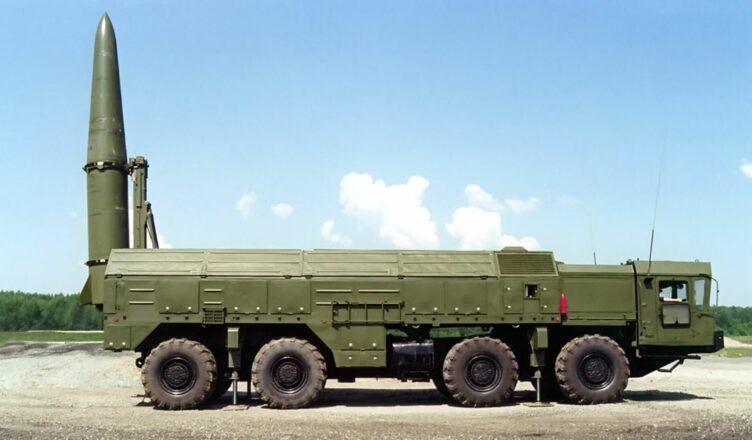Algerian military support for the Polisario Front is raising growing concerns about regional stability and its strategic implications for North Africa and beyond.
Recently, Israel, which is engaged in military operations against Hamas terrorists, Hezbollah, and Iranian militias, warned Western countries about the potential danger posed by Algeria. According to sources, Algeria could provide advanced military equipment to the Polisario or even act as a direct military substitute.
Among the military equipment potentially supplied to the Polisario is the advanced S-400 air defense system. Derived from the S-300, this fourth-generation anti-aircraft system has been modernized to meet contemporary challenges.
The acquisition of such systems could disrupt the military balance in the region, allowing the so-called Polisario, led by General Saïd Chengriha, head of the Algerian National People’s Army (ANP), to target aerial threats. This would make the situation even more volatile along the Western Sahara borders.
Israel, a key strategic and military ally, emphasized the importance of heightened vigilance regarding this situation, warning of the implications of direct or indirect military support to movements like the Polisario. Such support could not only destabilize the region but also threaten Western strategic and economic interests.
Furthermore, Algeria is equipped with Iskander-E ballistic missiles, significantly enhancing its military capabilities and shifting the strategic balance in North Africa. This Russian system is known for its precision and mobility, allowing for rapid deployment over various terrains.
With a range of 500 kilometers, the Iskander-E enables Algeria to target strategic positions not only in the region but potentially in Europe as well.
The possession of such systems raises major concerns for the security of neighboring countries in both Africa and Europe. Ongoing vigilance and constructive dialogue between the concerned nations will be essential to manage these tensions and ensure regional and international security.

